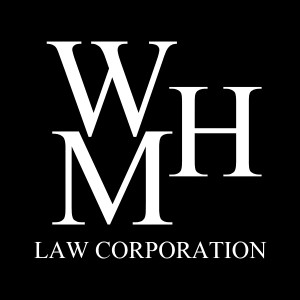
Criminal Law Practice Series
Our article summarises the frequently asked questions for an accused facing criminal charges, including but not limited to bail and court attendances.
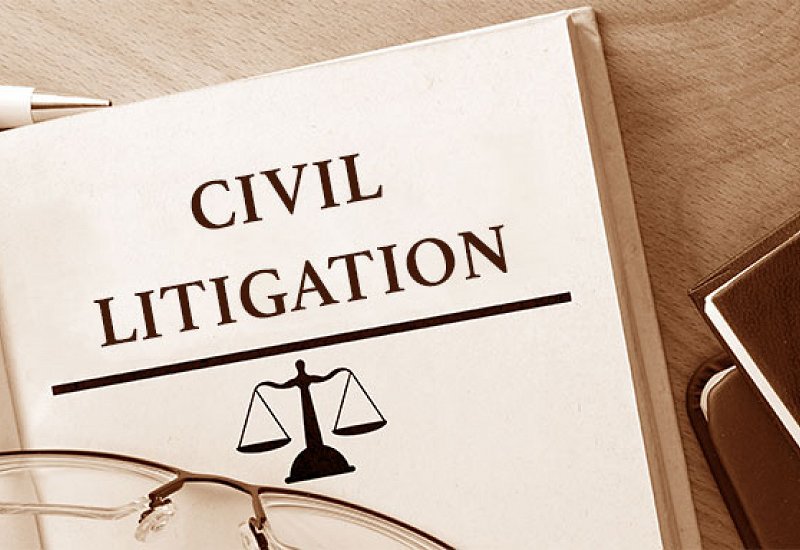
Conclusion / Resolution of Court Proceedings
In this article, we explore the various circumstances and avenues available to parties of a Court proceeding to end / conclude / resolve the matter without having to go to trial.
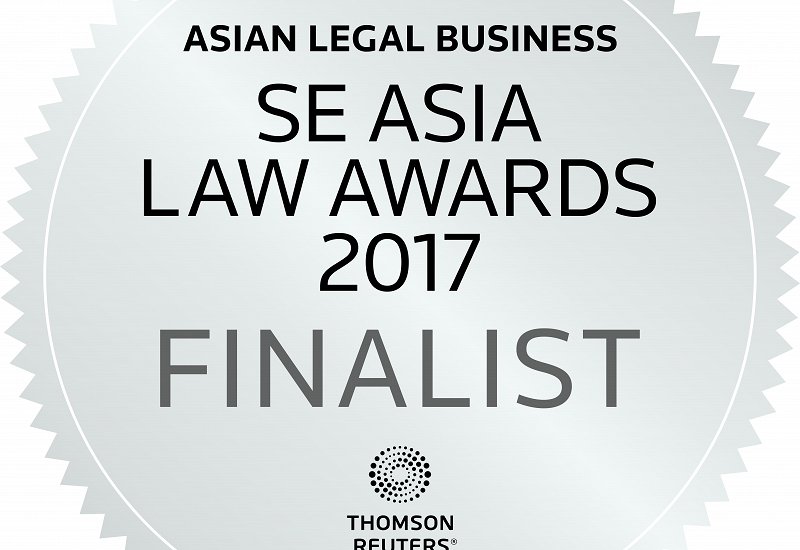
South East Asia Young Lawyer of the Year Award
Our joint Managing Director, Mr. Wilbur Lim, was selected as a finalist for the prestigious South East Asia Young Lawyer of the Year Award

Access to a Company’s Documents & Records
In this article, we explore the ambit of a director's right (at law) to inspect / access the company's documents and records. We also briefly examine how such a right may differ because of the different roles played by a shareholders and directors of a company.

Power to Grant Relief – Directors’ Liability; Section 391 of the Companies Act
Section 391 of the Companies Act (Cap 50) (“the Act”); which provides the Court a power to relieve directors from the consequences of their negligence, default, breach of duty or breach of trust. In this article, we seek to provide a brief snapshot of the ambit of such a power of the Court.
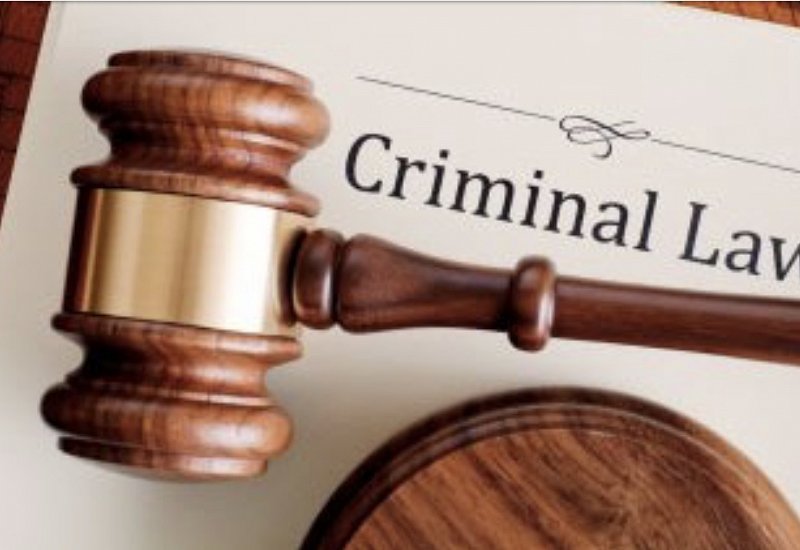
“Warehouse assistant jailed 6 weeks for molesting colleague at a carpark”
Mr. Mark Lee acted for a client faced with a charge of outrage of modesty (Section 354A(1) of the Penal Code (Cap. 224)) for molesting his colleague.
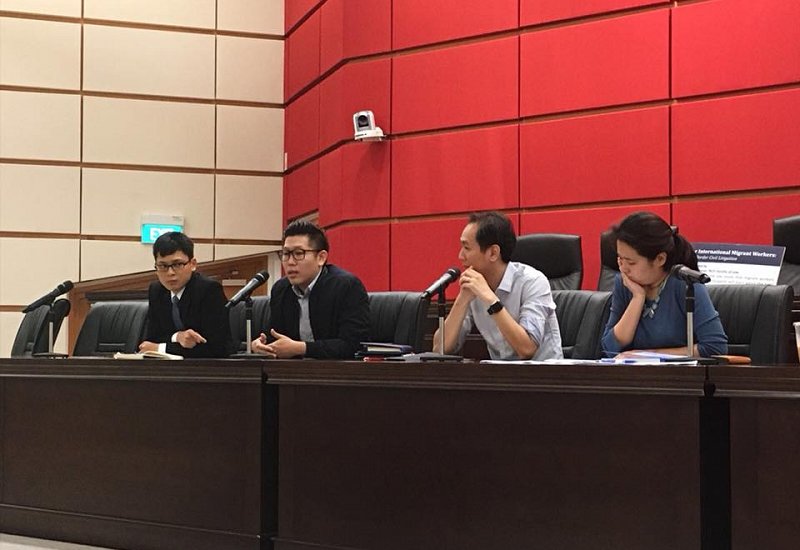
Seminar on Cross-Border Civil Litigation
Mr Mark Lee was invited to speak at the 3rd annual workshop on “Employing Legal Solutions for International Migrant Workers: A Legal Education Workshop on Cross-Border Civil Litigation.”

The Artist Pension Trust and the Price of Trusting Others
Our lawyer, Mr Ryan Su’s article on “The Artist Pension Trust and the Price of Trusting Others" was published in the March/April 2018 edition of the Artasiapacific.

Interview with Law Gazette
Our founders were interviewed by the Singapore's Law Gazette on the firm.
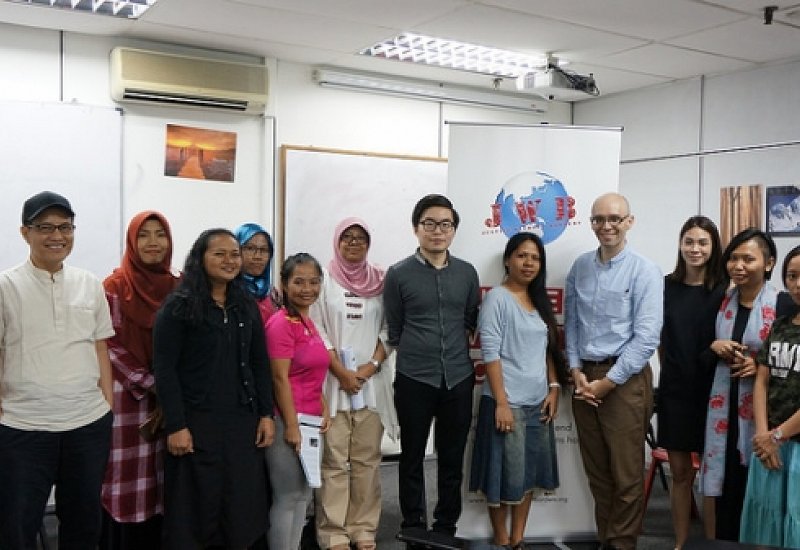
Seminar on Civil Litigation
Mr. Wilbur Lim, together with the team from Justice Without Borders, gave a seminar on civil litigation to the Indonesian Family Network.
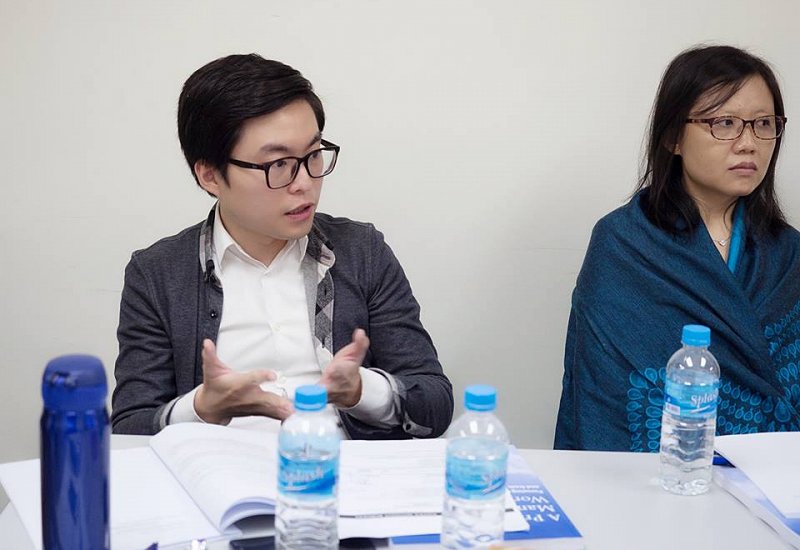
Seminar at Hagar International
Mr. Wilbur Lim was invited to speak at Hagar International’s Singapore branch on civil claims and evidence preservation.
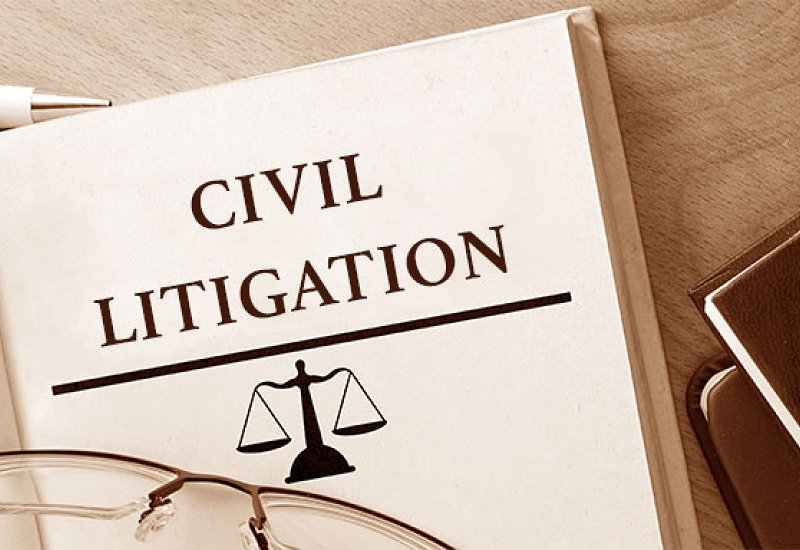
Law of Defamation – Protecting One’s Reputation (Civil Litigation Practice Series)
When can one commence a claim for defamation? How does one avoid being sued or liable for defamation? This article explores the balance that the law seeks to find between the right to freedom of speech and the right to protect one's reputation.


